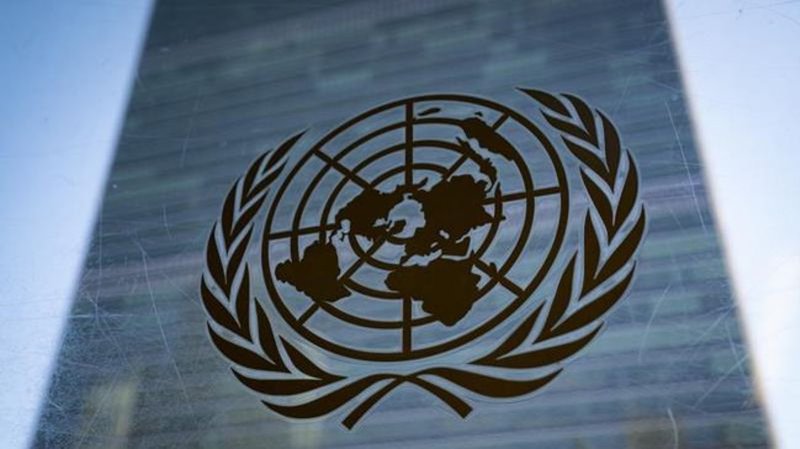
Russia blocks final document at nuclear treaty conference
UNITED NATIONS (AP) — Russia late Friday blocked agreement on the final document of a four-week review of the U.N. treaty considered the cornerstone of nuclear disarmament which criticized its takeover of Europe’s largest nuclear plant soon after Russian troops invaded Ukraine.
Igor Vishnevetsky, deputy director of the Russian Foreign Ministry’s Non-Proliferation and Arms Control Department, told the delayed final meeting of the conference reviewing the 50-year-old Nuclear Nonproliferation Treaty that “unfortunately there is no consensus on this document.” He insisted that many countries — not just Russia — didn’t agree with “a whole host of issues” in the 36-page last draft.
The document needed approval by all 191 countries that are parties to the treaty aimed at curbing the spread of nuclear weapons.
The NPT review conference is supposed to be held every five years but was delayed because of the COVID-19 pandemic.

